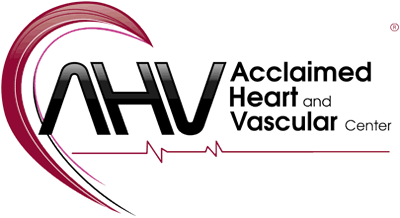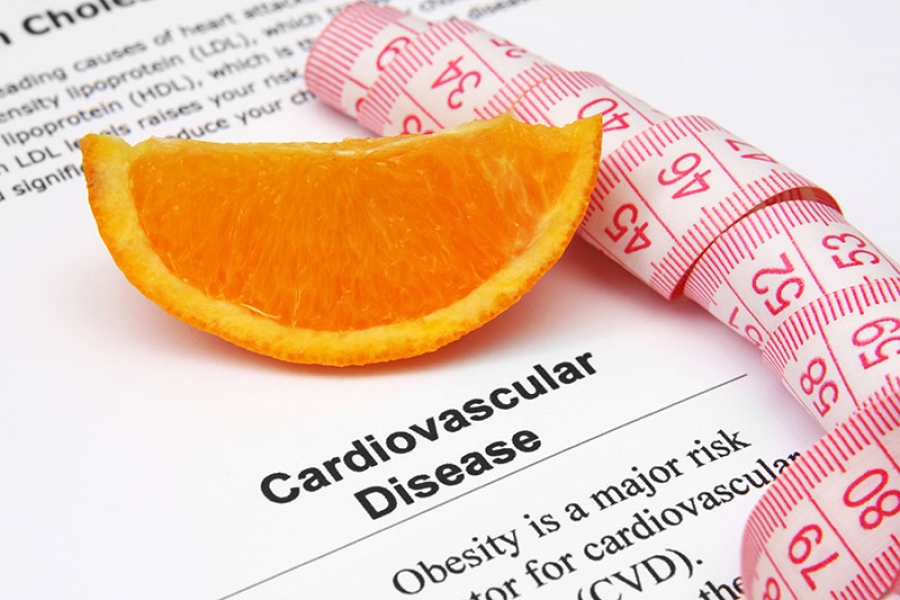According to the American Heart Association2, The following statistics show that there is a strong correlation between cardiovascular disease and diabetes.
- At least 68 percent of people age 65 or older with diabetes die from some form of heart disease; and 16% die of stroke.
- Adults with diabetes are two to four times more likely to die from heart disease than adults without diabetes.
- The American Heart Association considers diabetes to be one of the seven major controllable risk factors for cardiovascular disease.
Risk Factors
If you have diabetes, other factors add to your chances of developing heart disease or having a stroke.
- Smoking
Smoking raises your risk of developing heart disease. If you have diabetes, it is important to stop smoking because both smoking and diabetes narrow blood vessels. Click here to learn about the dangers of cigarette smoking to your heart. - High blood pressure/Hypertension
If you have high blood pressure, your heart must work harder to pump blood. High blood pressure can strain your heart, damage blood vessels, and increase your risk of heart attack, stroke, eye problems, and kidney problems. - Abnormal cholesterol levels
Cholesterol is a type of fat produced by your liver and found in your blood. You have two kinds of cholesterol in your blood: LDL and HDL. High levels of LDL cholesterol raise your risk of developing heart disease. Click here to learn more about cholesterol and your heart. - Obesity and belly fat
Being overweight or obese can affect your ability to manage your diabetes and increase your risk for many health problems, including heart disease and high blood pressure. If you are overweight, eating a heart-healthy diet often will lower your glucose levels and reduce your need for medications. Even if you are a normal weight, excess belly fat can raise your risk for heart disease. - Family history of heart disease
A family history of heart disease may also add to your chances of developing heart disease. You can’t change whether heart disease runs in your family, but if you have diabetes, it’s even more important to take steps to protect yourself from heart disease and decrease your chances of having a stroke.

Acclaimed Heart and Vascular Center
We deliver excellent care with compassion after discussing your health and treatment plan with simplicity.
Complications
Diabetes can affect many major organs in your body, which can lead to an array of serious complications when left untreated. Medical problems affecting your heart include:
- Cardiovascular disease
- Heart disease
- Including peripheral artery disease
- Stroke
- Unhealthy cholesterol levels, which can lead to atherosclerosis
The good news is that diabetes is treatable and often preventable.
If you have diabetes, it’s very important to make sure that you control your blood glucose levels, blood pressure and cholesterol levels to help reduce your risk of coronary heart disease and other cardiovascular diseases.
To do this you can:
- Be more physically active
- Eat a healthy, balanced diet
- Control your weight, and
- Give up smoking
1Centers for Disease Control and Prevention, National Diabetes Statistics Report, 2014
2American Heart Association, Cardiovascular Disease & Diabetes
DISCLAIMER: THIS WEBSITE DOES NOT PROVIDE MEDICAL ADVICE
The information, including but not limited to, text, graphics, images and other material contained on this website are for informational purposes only. The purpose of this website is to promote broad consumer understanding and knowledge of various health topics. It is not intended to be a substitute for professional medical advice, diagnosis or treatment. Always seek the advice of your physician or other qualified health care provider with any questions you may have regarding a medical condition or treatment and before undertaking a new health care regimen, and never disregard professional medical advice or delay in seeking it because of something you have read on this website.

